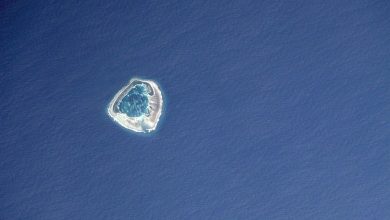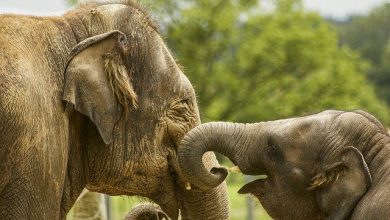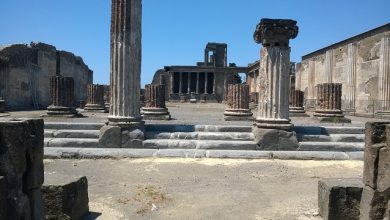Conservationists receive 16.9 million for ambitious project in southern Africa
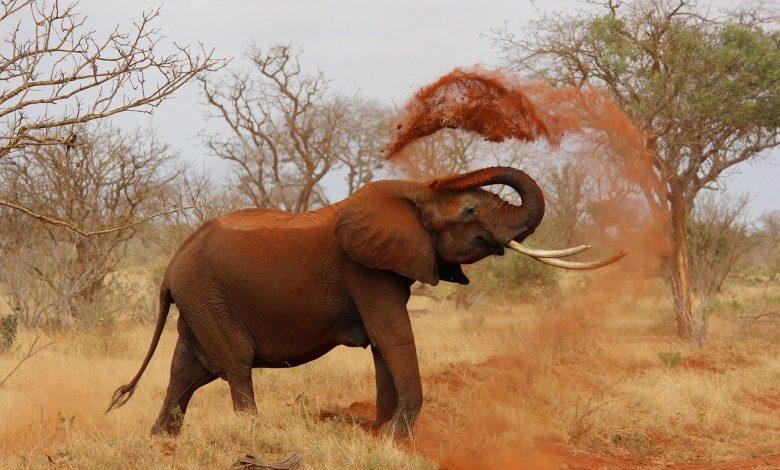
16.9 million euros. With such a giant gift from the National Postcode Lottery, nature conservationists could now wish for a better start to a cross-border rescue plan in Africa.
The Kavango Zambezi nature reserve is one of the absolute gems of southern Africa. Spread over five countries, with an area of 519,912 km2, Kavango Zambezi (KAZA) comprises a wealth of nature. With the largest inland river delta in the world, the Okavango Delta, and the famous Victoria Waterfalls. With the largest population of African elephants and other endangered species, including the lion, the cheetah, and the wild dog.
But Kavango Zambezi is in danger of being lost due to climate change and human mismanagement. Rivers, the lifelines for the area, are already struggling with declining water levels as a result of climate change. Plans to build dams could be the death blow to the area.
To prevent this, various parties are joining forces for a remarkable initiative: a cross-border nature protection plan. The five countries involved – Botswana, Namibia, Angola, Zambia, and Zimbabwe – will collaborate with three Dutch organizations representing the World Wildlife Fund (WWF), Peace Parks Foundation, and African Parks. The initiative is, therefore, also a massive job in organizational terms.
“That is quite a chore, but we continue to build on existing knowledge and contacts. With the other organizations, we are a binder in the project, we have also been working well with the local population for years,” says Kirsten Schuijt, according to Dutch news media. According to the director of the World Wildlife Fund, Kavango Zambezi is ‘one of the most beautiful places in Africa’. “It has both wetlands and plains with many animals. The largest herds of elephants are walking there.”
Beauty
The beauty and importance of the nature reserve is also the reason for the Postcode Lottery to appeal to the Dream Fund. We don’t want to stand idly by as this unique nature reserve slowly collapses, people can no longer support animals and are powerless,” says Margriet Schreuders, head of Charity. “It is great thanks to the participants with this special contribution of 16.9 million, and we can help realize this dream in which the three organizations are joining forces.”
WWF director Schuijt is ‘incredibly proud’ of the cross-border project. “Thanks to the fantastic contribution from the Dream Fund of the National Postcode Lottery, we are now working with the population on a nature reserve where they and elephants and other wild animals can flourish.”

Good cooperation is also necessary because the bar is set high. The objectives do not lie: protection of the Kwando river to guarantee the supply of freshwater and to prevent dehydration, making agriculture sustainable to avoid the depletion of natural resources and protection of nature parks, and that happens in different ways. In this way, isolated parks are connected so those wild animals can move safely to other nutrient-rich areas in the event of drought. Moreover, there are plans on the table for better infrastructure and approach to poaching. This also provides jobs and income from tourism.
Tourists
Will the interests of nature conservation do not scour with the benefits of the economy? Too many tourists can cause too much pressure. The participating countries are also guided by economic growth. “Angola already has dams in the Kwando River, and there are plans to build more. We are now conducting conversations to do this differently. To get construction plans off the table with alternative sources of energy,” says Schuijt. “And if there are more dams, where is the best place to put them? The inland river delta must not suffer. That is the heart of the nature reserve.”
The director of WWF recognizes the dangers of tourism. “Of course you have to be careful that tourism becomes too big and turns against you. Mass tourism is out of the question. But tourism is a good source of income for the local population,”’ adds Schuijt.
Peter Fearnhead, director of African Parks, insists that the opportunities for nature protection and a better standard of living for the people in the KAZA region are grasped. “An important part of this is the distribution of the elephants across the area. It is now unbalanced and causes many problems. As soon as a number of nature reserves offer a safer environment, elephants will spread better, and new jobs and income can be created for the population,” Fearnhead said.
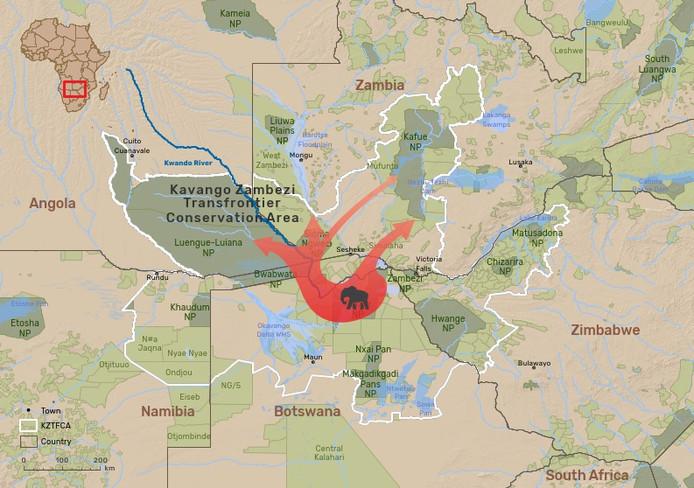
According to Werner Myburgh, director of the Peace Parks Foundation, there must be new safe places for elephants and other endangered animals in Angola and Zambia within five years. To this end, research is being conducted into the best routes between parks. “Ultimately, there will be a rich African landscape full of nature, itinerant animals, and more prosperity for the population,” says Myburgh.
The ambitious KAZA project undoubtedly tastes more. The experience gained by the organizations can also be used for cross-border protection of other endangered places in Africa. “Think of the nature reserves in Central Africa, an even more complicated, extremely restless area. But first, let’s get this job done”, says Schuijt.

